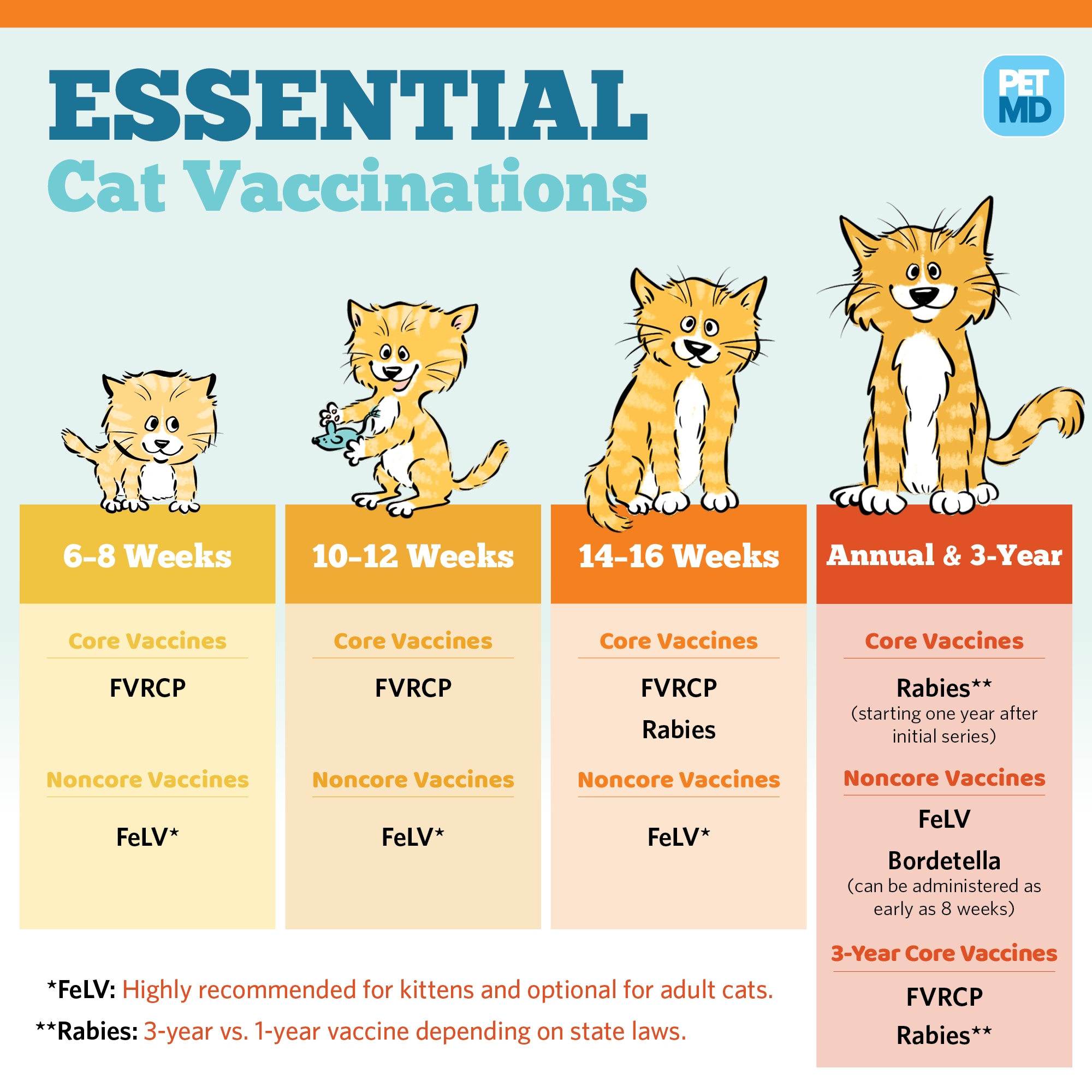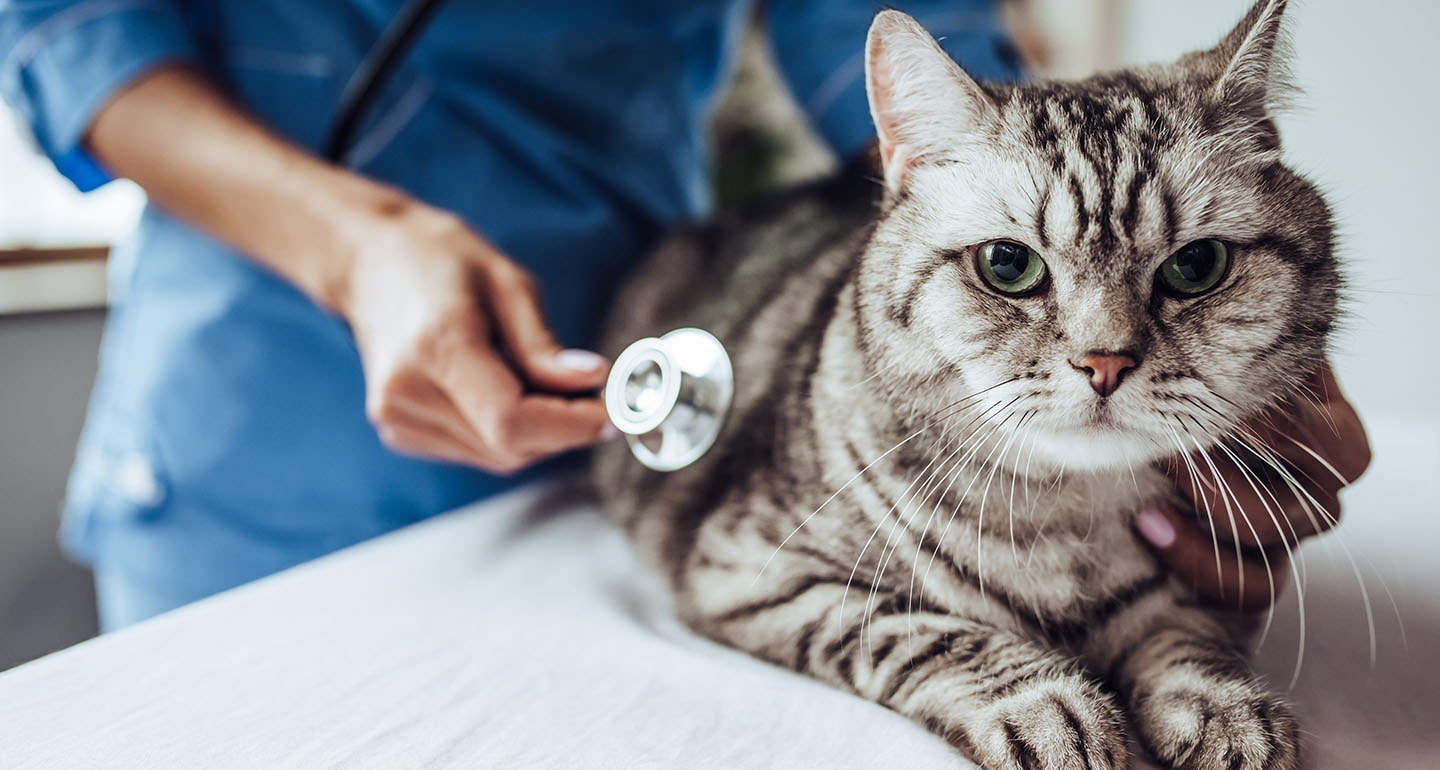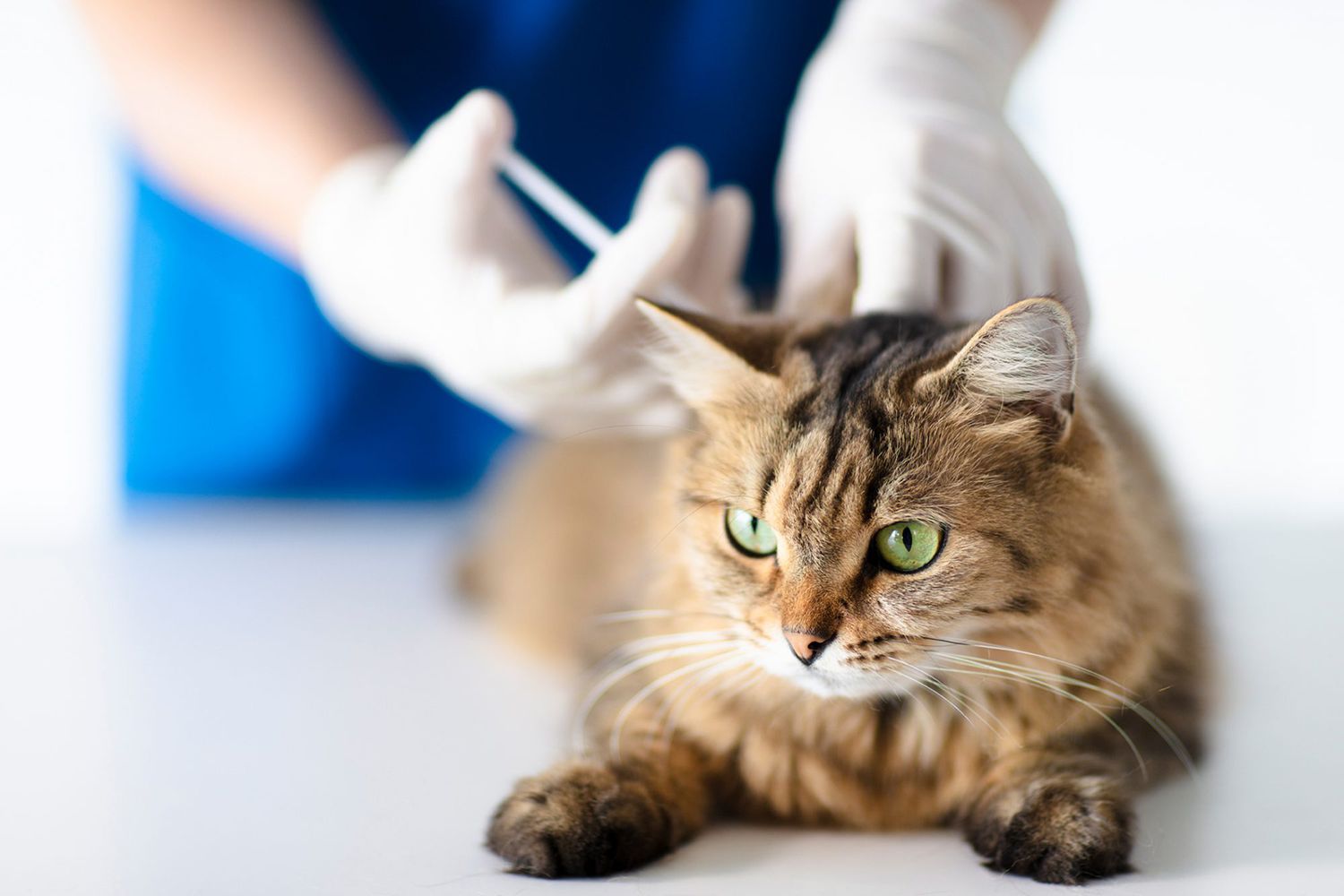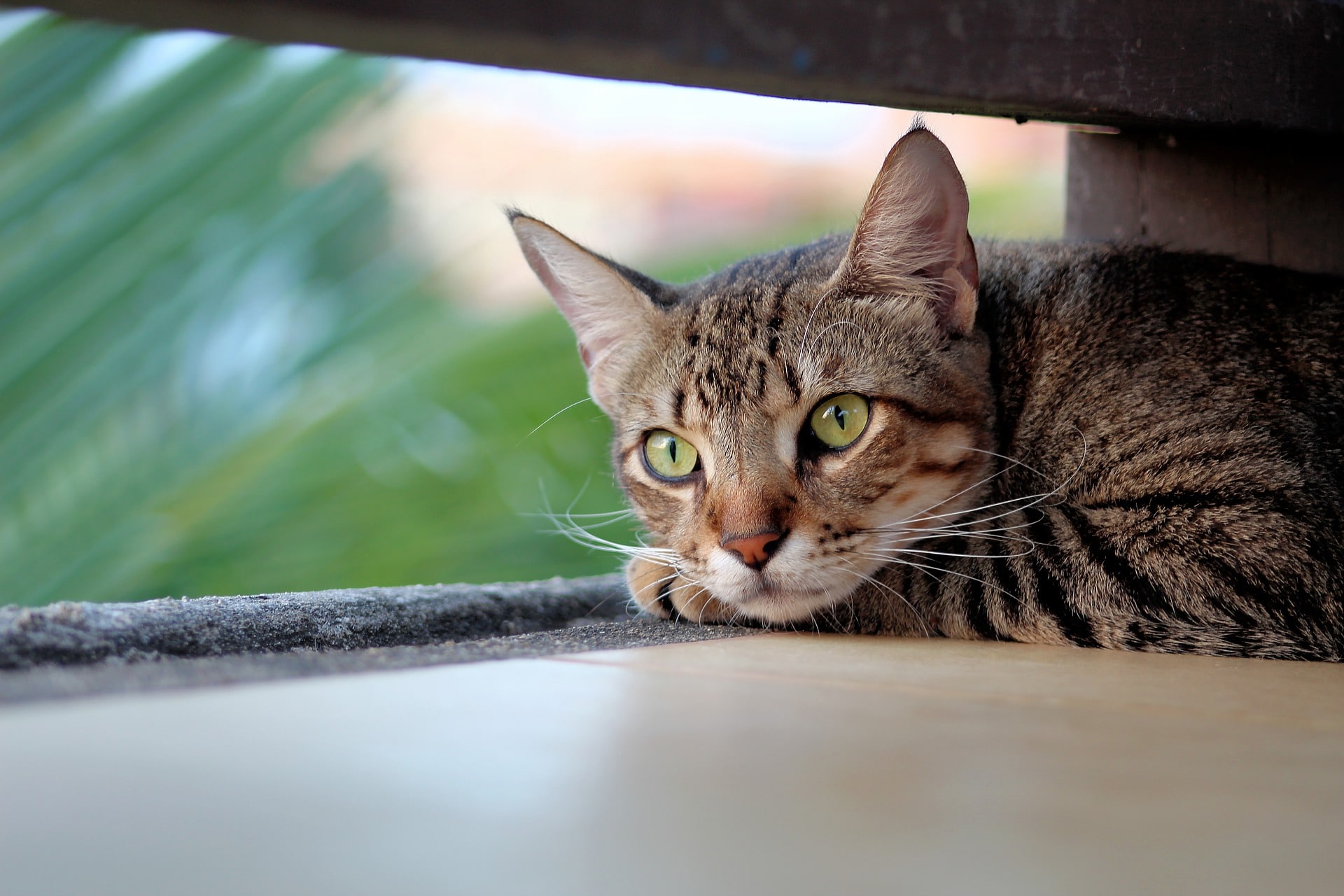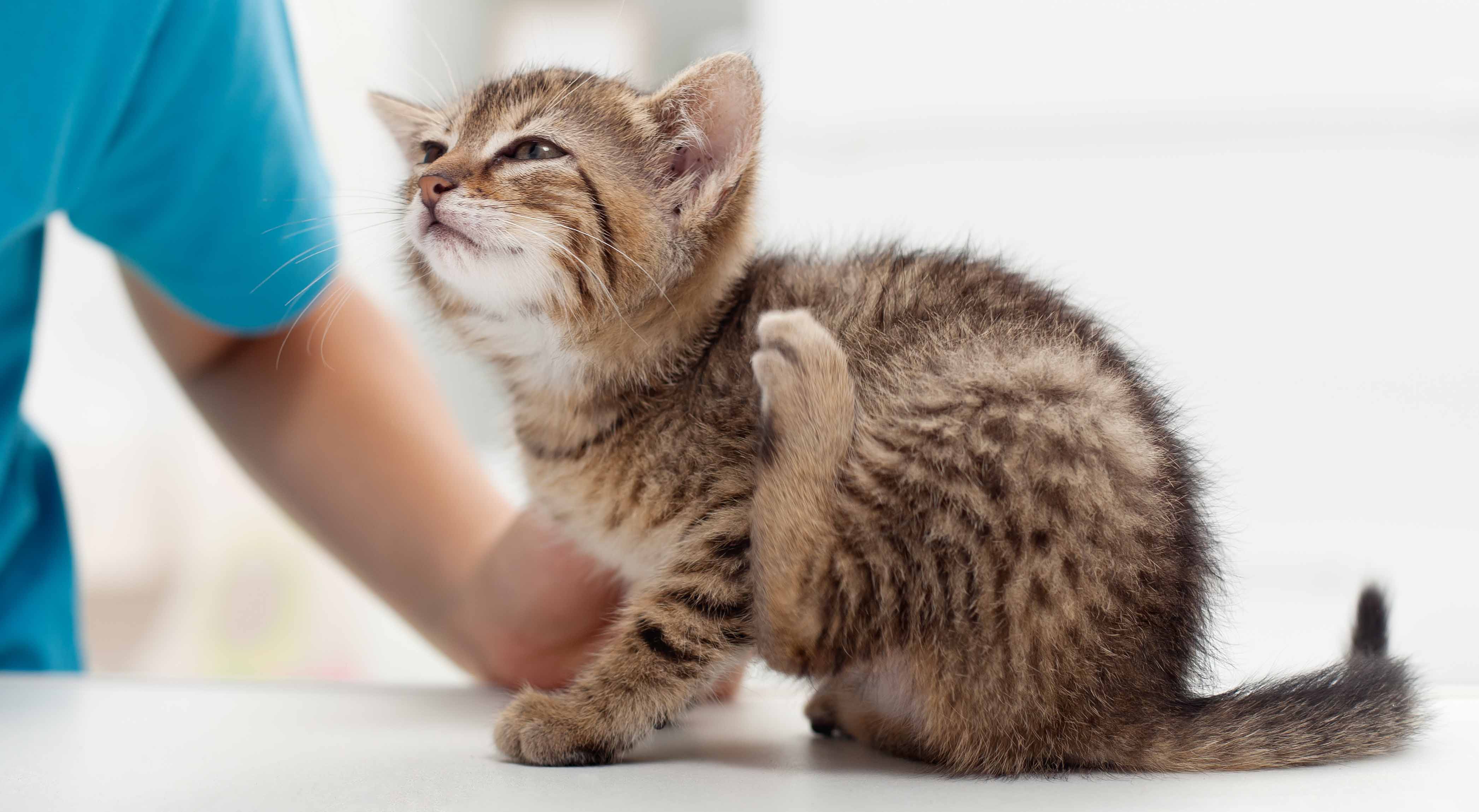Fvrcp Vaccine For Indoor Cats

NOBIVAC FELINE 3-HCP PROVIDES PROTECTION FOR MULTIPLE VIRUSES.
Fvrcp vaccine for indoor cats. If there is any risk of exposure a cat should receive a leukemia vaccine for examplebecause if theyre exposed to it its too late Core. Rhinotracheitis is a herpes virus and causes fever sneezing a runny nose and eyes. Scherk this series of cat vaccinations is a must for both indoor and outdoor cats as they protect against viruses that people can transmit on their hands or clothing.
Adult cats should receive a booster once every year or two according to your vets recommendation. Panleukopenia also known as feline distemper Feline. One is the rabies shot which helps prevent cats from contracting the often deadly virus and passing it on to other animalsas well as humans.
Click to see full answer. Administered to kittens at 6-to-8 weeks old and once per year or every two to three years for adults it gives you peace. You might have guessed my answer to the question Should you vaccinate your indoor cat is yes.
For indoor-only cats the recommendation is to administer the vaccine every three years. The FVRCP feline viral rhinotracheitis calicivirus panleukopenia also referred to as a distemper vaccine is first given to kittens as a combination vaccine every three. The FVRCP vaccine has been shown to confer immunity for at least three years so vaccinating your cats with this vaccine any more frequently is probably unnecessary.
If you want proof of immunity what you can do is get a titer test done instead. Currently the recommendation for indooroutdoor cats is to administer the FVRCP vaccine annually. Cats 6 replies FVRCP Vaccine Cats 4 replies All times are GMT -6.
Herein is Fvrcp vaccine necessary for indoor cats. All cats even indoor felines who never go outdoors or interact with other cats should still receive FVRCP shots. Adult cats with unknown vaccination records should receive a FVRCP vaccination plus a booster.
